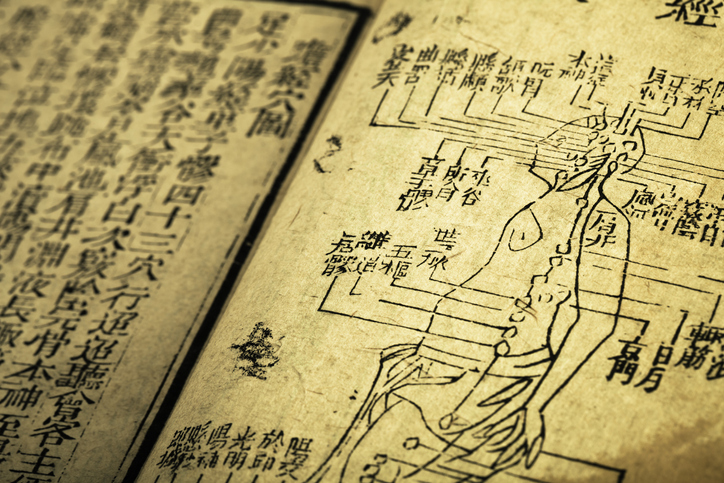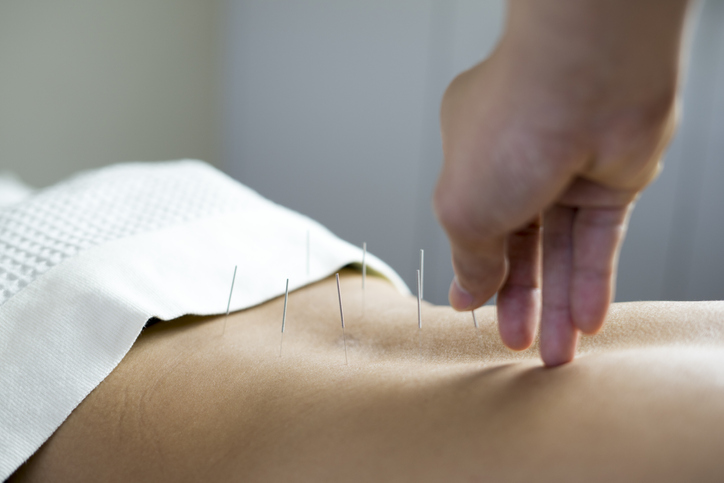Treatments
What Is Traditional Chinese Medicine?

Traditional Chinese medicine (TCM) has been practiced for thousands of years. It focuses on the connection between the mind and body and the use of herbal supplements to treat a variety of health conditions.
The fundamental principle of TCM is Qi, which is defined as the life energy that consistently ebbs and flows throughout the body. Qi contains opposite components known as yin and yang. Yin consists of dark, cold, and negative qualities. Yang consists of light, warm, and positive qualities. The goal of traditional Chinese medicine is to balance yin and yang, promoting the flow of Qi in order to achieve health and wellness.
Types of traditional Chinese medicine
- Acupuncture
The practice of acupuncture involves the insertion of fine needles into the skin at specific locations on the body. This is thought to stimulate the release of the body’s natural pain relievers and affect the part of the brain involved in processing pain. - Moxibustion
Moxibustion is a traditional Chinese medicine practice that involves burning herbs near the skin at specific locations on the body. Moxibustion is often used together with acupuncture. - Tai Chi and Qi Gong
The practice of Tai Chi involves a combination of gentle movements, breathing exercises, and relaxation techniques. Tai Chi typically involves the entire body. Qi Gong is a similar practice that usually focuses on one specific area of the body. - Cupping
In this practice, heated cups or glass jars are applied on the skin at specific locations on the body to create a suction effect. The practice is thought to stimulate blood flow and help balance Qi. - Herbs
Herbal treatments include teas, powders, and capsules that are made from different plants. Herbs that are commonly used in TCM include ginseng, ginger, and cinnamon bark.
Safety and effectiveness of traditional Chinese medicine
Studies show that TCM practices can improve quality of life for individuals with various health conditions. It can help treat symptoms of medical conditions such as arthritis, fibromyalgia, and Parkinson’s disease. TCM can also help prevent tension headaches or migraine headaches and improve mood.
While many types of TCM, including Tai Chi and Qi Gong, are generally safe, other types of TCM come with risks. Herbal treatments can interact with certain medications or other supplements. Some herbal products have been found to be contaminated with undeclared materials, such as medications, pesticides, or heavy metals. Acupuncture can cause complications if performed improperly or if sterile materials are not used.
Note: A health care professional should always be consulted before beginning any new treatment.



















